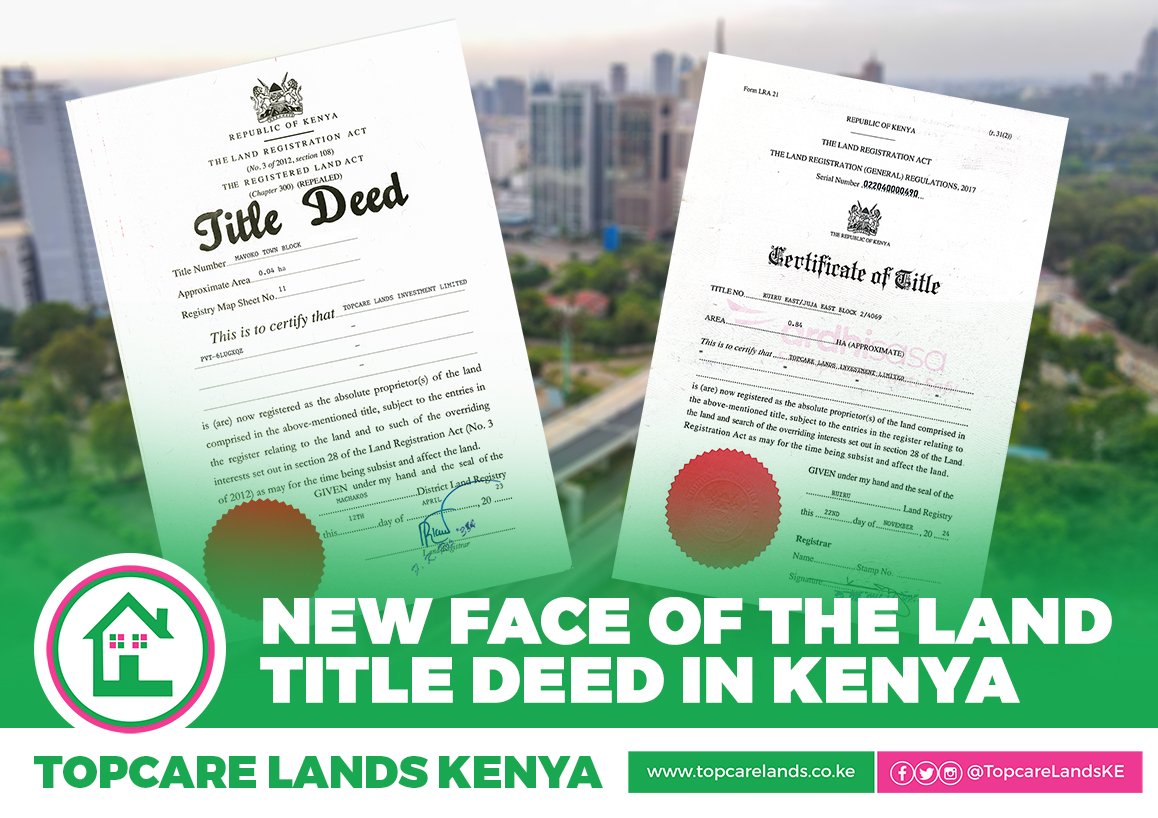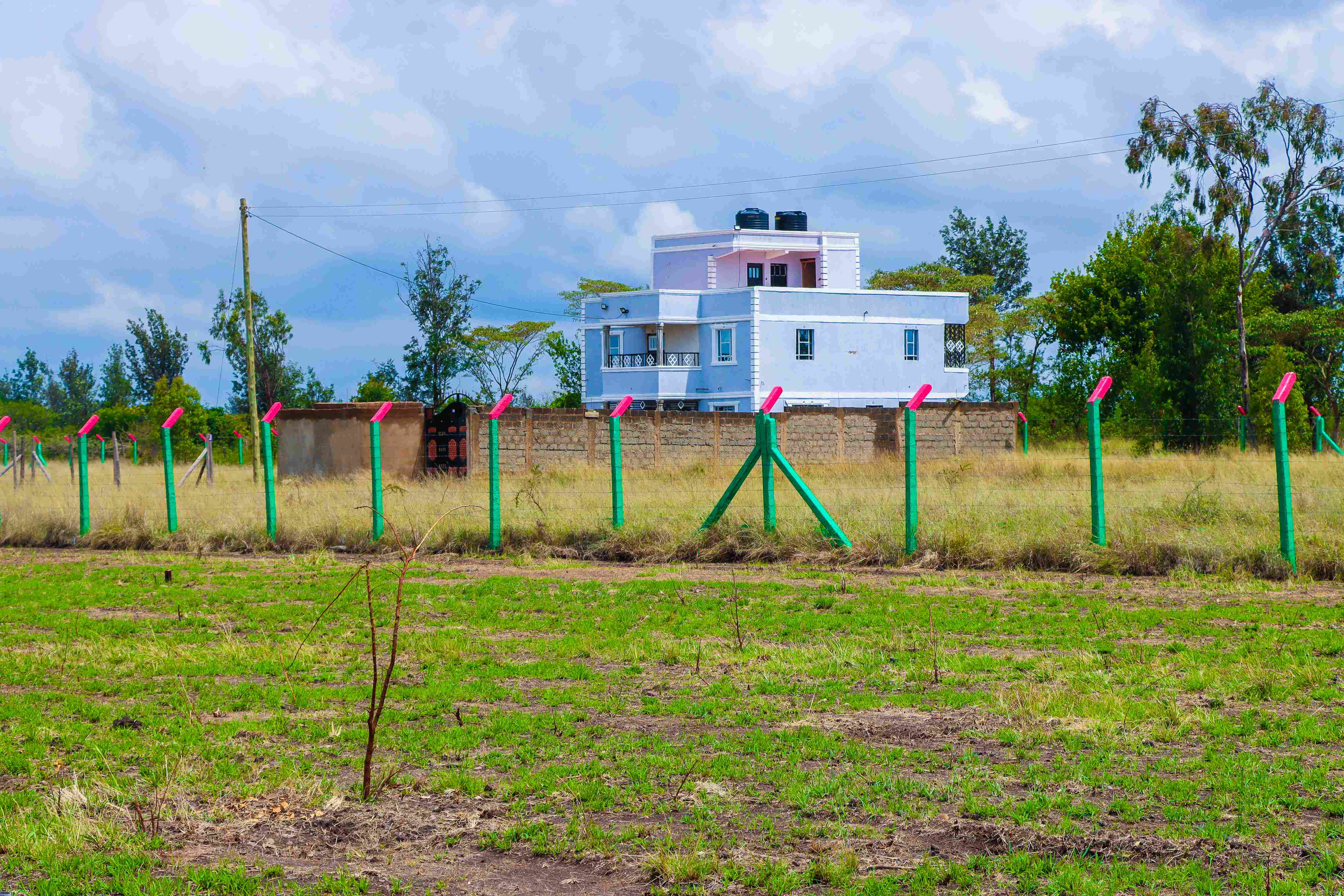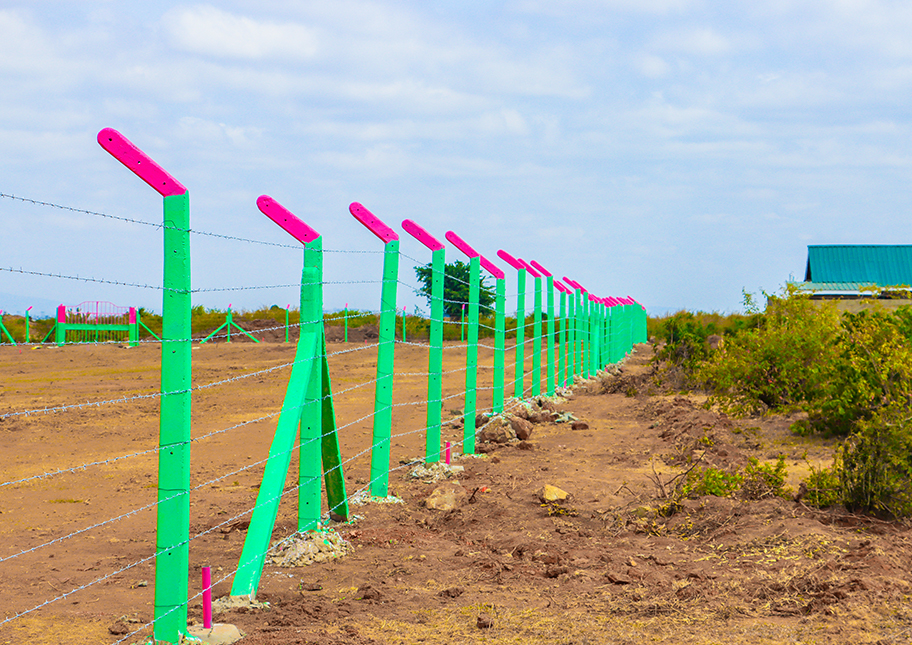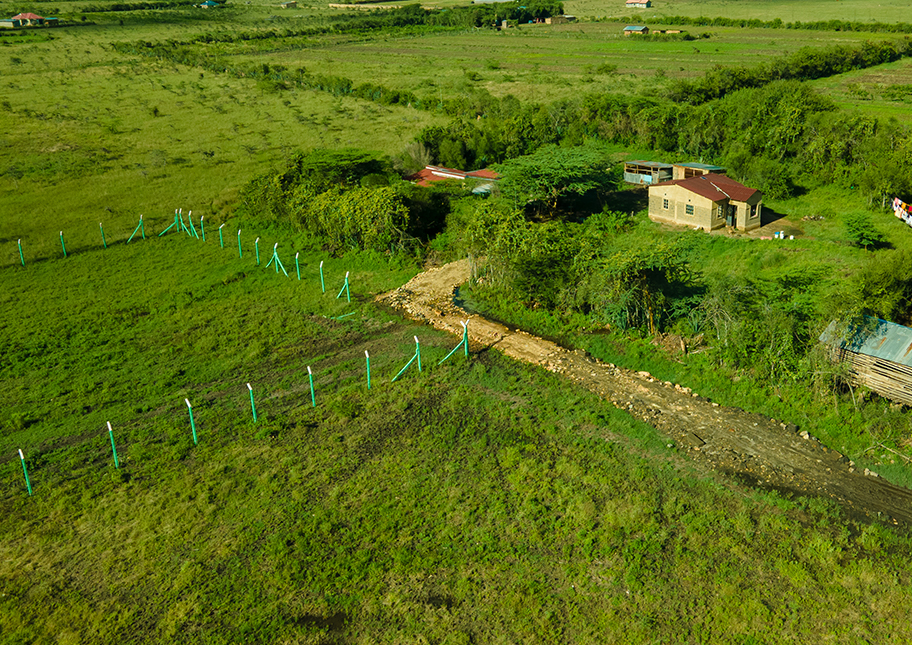Kenya’s relationship with land has always been deeply emotional, cultural, and legal. For decades, property ownership was tangled in a web of outdated laws, confusing title formats, and manual processes that left room for fraud, disputes, and inefficiency. But a quiet revolution has been unfolding—one that’s reshaping how Kenyans understand, access, and secure their most valuable asset: land. At the heart of this transformation is the Land Registration Act, 2012, a bold piece of legislation that didn’t just tweak the system—it rebuilt it from the ground up.
From Chaos to Clarity: Why Change Was Necessary
Before 2012, owning land in Kenya meant navigating a legal labyrinth. Titles came in many forms—Absolute Title Deeds, Grants, Indentures, Certificates—each governed by a different colonial or post-independence law. The Registration of Titles Act, the Government Lands Act, the Land Titles Act… the list went on. This fragmentation wasn’t just confusing—it was dangerous. Double allocations, forged documents, and boundary disputes were rampant. For many, especially in rural areas, land ownership felt more like a gamble than a right.
The 2010 Constitution demanded better. It called for land reform that was transparent, equitable, and efficient. The Land Registration Act, 2012, answered that call—not by patching the old system, but by replacing it with a unified, modern framework designed for the 21st century.
One Title, Two Forms: Simplicity at Last
One of the Act’s most impactful changes was the consolidation of all previous title types into just two clear categories:
- - Certificate of Title for freehold land (permanent ownership)
- - Certificate of Lease for leasehold land (typically 99-year urban leases, renewable)
No more guessing whether your “Grant” or “Indenture” held the same weight as a neighbor’s “Absolute Title.” Now, every Kenyan holds a standardized document that clearly defines their rights. This simplification doesn’t just make paperwork easier—it builds trust in the entire property market.
And with the rise of apartments and mixed-use developments, the system now seamlessly integrates *sectional titles* under the Sectional Properties Act, 2020. Whether you own a farm in Nakuru or a studio in Westlands, your ownership is documented with the same clarity and legal strength.
The Digital Leap: Ardhisasa and the End of Paper Trails
Perhaps the most visible shift is Kenya’s move from dusty ledgers to digital dashboards. Thanks to Sections 9 and 10 of the Act, land records are no longer locked in filing cabinets. They live in the *National Land Information Management System (NLIMS)—better known as **Ardhisasa*.
Launched in Nairobi in 2021 and expanding nationwide, Ardhisasa allows citizens to:
- - Conduct land searches online
- - Apply for transfers, leases, or charges digitally
- - Access Registry Index Maps (RIMs)—geo-referenced, survey-based maps that fix boundaries with GPS precision
Gone are the days of relying on hand-drawn deed plans that could be altered or misread. RIMs anchor every parcel to exact coordinates, drastically reducing boundary disputes and fraudulent claims. For buyers, this means greater confidence. For sellers, it means smoother, faster transactions.
Converting the Past: What Happens to Old Titles?
If you still hold a pre-2012 title deed, don’t panic—it’s still valid. But the law encourages (and in many cases requires) *conversion* to the new format. This isn’t about changing who owns the land or how big it is. It’s about updating the documentation to meet today’s standards.
The process involves:
- - Submitting your original title and ID to the land registry
- - Verification of ownership and encumbrances
- - Boundary confirmation using modern surveys
- - Issuance of a new Certificate of Title or Lease
Once complete, the updated title is often gazetted for public notice—a safeguard against hidden claims. Crucially, *conversion does not alter your rights*; it secures them within a stronger legal framework.
Stronger Rights, Fairer Access
The new system isn’t just about efficiency—it’s about justice. The Act reinforces *Article 40 of the Constitution, which guarantees the right to own property. Registered titles are now **indefeasible*—meaning they’re legally unassailable unless obtained by fraud. This gives landowners unprecedented security.
It also advances gender equity. By aligning with the Matrimonial Property Act, 2013, the law ensures that married women can jointly own, manage, and dispose of land—a critical step toward correcting historical imbalances.
Closer to Home: Land Services in Your County
Recognizing that land matters are local, the Act supports *devolution* by establishing *County Land Registries*. No longer must a farmer in Turkana travel to Nairobi to process a transfer. Transactions can now happen closer to home, cutting costs, saving time, and making land administration more responsive to community needs.
Real Impact: What This Means for You
For property buyers, the changes mean:
- - Faster, cheaper due diligence via online searches
- - Reduced risk of buying disputed or fake land
- - Clearer understanding of what you’re purchasing
For sellers, benefits include:
- - Streamlined transfer processes
- - Enhanced marketability of properly converted titles
- - Greater protection against fraudulent claims
Yet, the transition isn’t without hurdles. Some users struggle with Ardhisasa’s technical requirements—like OTP delays or limited access outside Nairobi. Others face long waits during title conversion. And in communities where land is tied to identity and tradition, change can feel unsettling.
But these are growing pains of a system moving toward integrity. As nationwide digitization rolls out and public awareness grows, these challenges will ease.
A Foundation for Kenya’s Future
Beyond individual transactions, the Land Registration Act is laying the groundwork for national progress. Secure land rights attract investment. Clear records fuel urban planning. Reduced disputes free up courts and foster social harmony. And inclusive ownership empowers women, youth, and marginalized groups.
This isn’t just a change of title—it’s a *change of mindset*. Land is no longer a mystery wrapped in red tape. It’s a documented, digitized, and democratized asset that can be leveraged for growth, security, and legacy.
The Bottom Line
The old title deed served its time. The new Certificate of Title or Lease is more than a piece of paper—it’s a promise of clarity, security, and fairness. If you own land in Kenya, now is the time to:
- - Check your title status
- - Begin the conversion process if needed
- - Register on *Ardhisasa* (ardhisasa.lands.go.ke) to stay ahead
Because in this new era of land ownership, the ground beneath your feet is not just yours—it’s officially, digitally, and undeniably yours.
Welcome to the future of land in Kenya.



